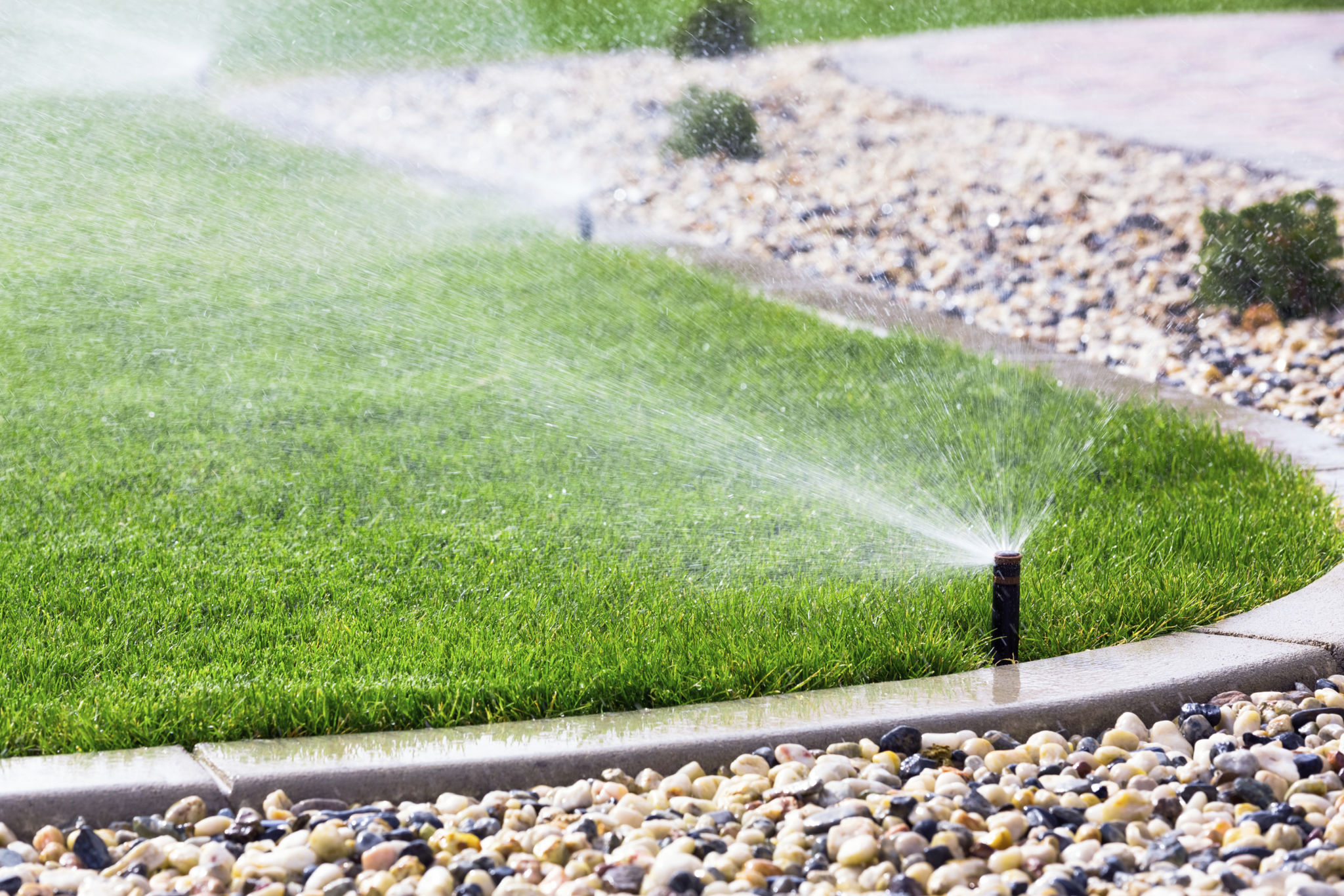Expert Tips for a Lush and Healthy Bermuda Grass Lawn
The Importance of Proper Mowing
Maintaining a lush and healthy Bermuda grass lawn begins with proper mowing practices. Bermuda grass thrives when cut at the right height, typically between 1 to 1.5 inches. Regular mowing not only helps maintain this optimal height but also encourages dense growth, which is essential for a vibrant lawn. Ensure your mower blades are sharp to achieve a clean cut, reducing stress on the grass.
It's crucial to avoid cutting more than one-third of the grass's height in a single mow. This practice prevents shock and encourages healthier growth. Mowing frequently enough to adhere to this guideline will result in a denser, more resilient lawn.

Watering Techniques for Bermuda Grass
Bermuda grass is drought-tolerant, but it still requires adequate watering to maintain its lush appearance. The best practice is deep, infrequent watering. This encourages roots to grow deeper into the soil, enhancing drought resistance. Ideally, water your lawn early in the morning to minimize evaporation and fungal diseases.
Aim for about 1 to 1.5 inches of water per week, including rainfall. Use a rain gauge or a small container to measure water received during irrigation. Adjust based on weather conditions; during hot and dry spells, more frequent watering may be necessary.

Fertilization Strategies
Fertilizing your Bermuda grass lawn correctly is vital for maintaining its health and color. Apply a balanced fertilizer, preferably one that is high in nitrogen, during the growing season. A general rule of thumb is to fertilize every six to eight weeks from spring through early fall.
Over-fertilization can lead to excessive growth and other issues, so it's important to follow label instructions and adjust based on your lawn's specific needs. Soil testing can provide insights into nutrient deficiencies and help tailor your fertilization regimen.

Weed Control Practices
Weeds can quickly take over a Bermuda grass lawn if not managed properly. A combination of pre-emergent and post-emergent herbicides can effectively control weed growth. Apply pre-emergent herbicides in early spring to prevent weed seeds from germinating.
For existing weeds, post-emergent herbicides are effective. Always follow the manufacturer's instructions and consider spot treatments rather than broad applications to protect your Bermuda grass.
Aeration and Soil Health
Aeration is an essential practice for maintaining healthy Bermuda grass. This process involves creating small holes in the soil to reduce compaction and allow air, water, and nutrients to penetrate more effectively. Aerate your lawn at least once a year, ideally in late spring or early summer when the grass is actively growing.
Improving soil health is also crucial for a thriving lawn. Incorporate organic matter such as compost or mulch to enhance soil structure and nutrient content. Healthy soil supports strong root systems and reduces the need for chemical interventions.
Pest Management
Bermuda grass can be susceptible to pests such as armyworms, grubs, and mole crickets. Regular monitoring and early detection are key in preventing infestations. Employ integrated pest management techniques, including biological controls like beneficial nematodes or insecticidal soaps, to manage pest populations.
If chemical control is necessary, opt for targeted treatments rather than blanket applications to minimize environmental impact. Always follow product instructions carefully and consider consulting with a lawn care professional for persistent pest issues.